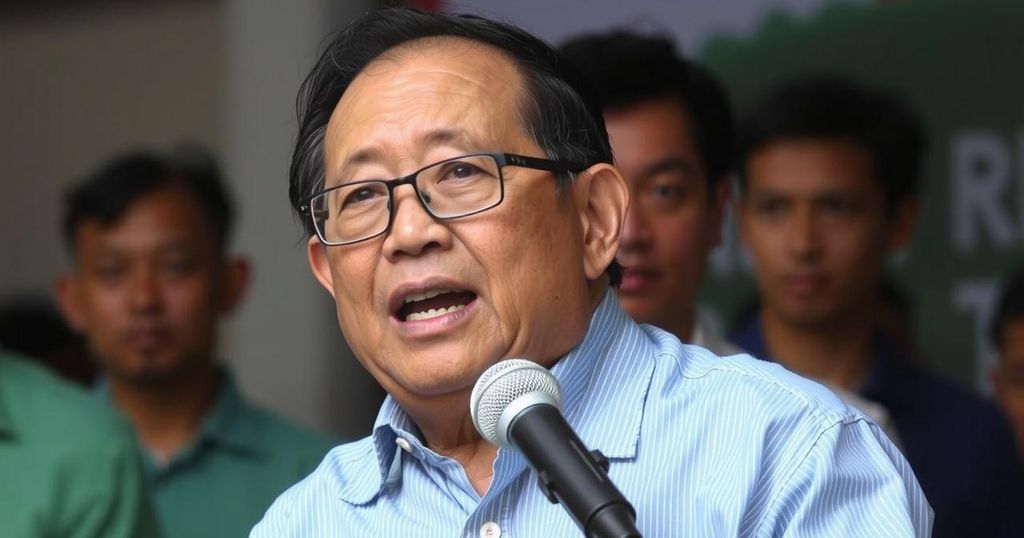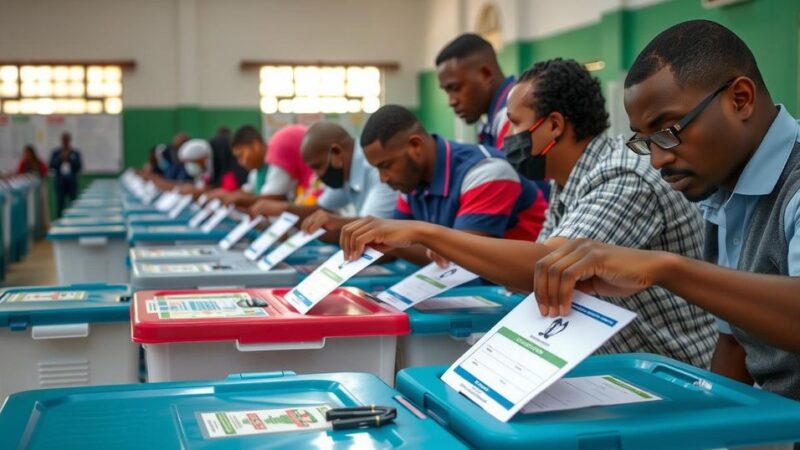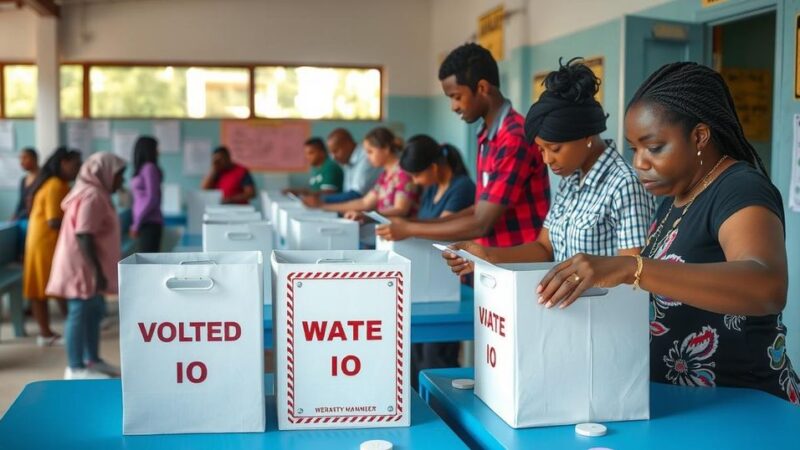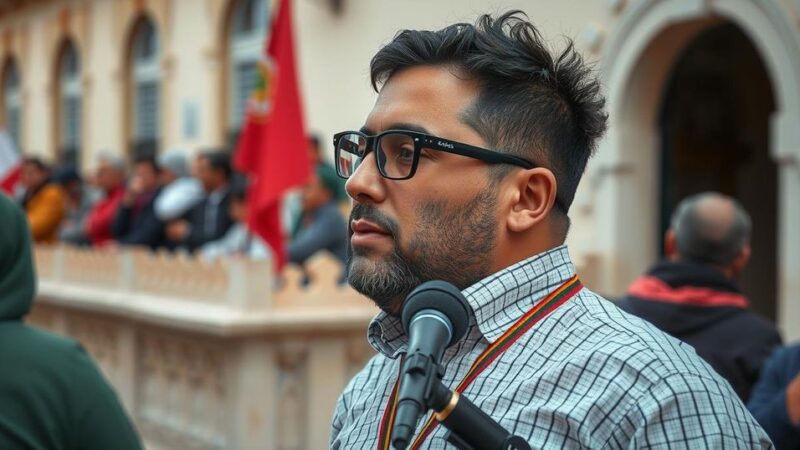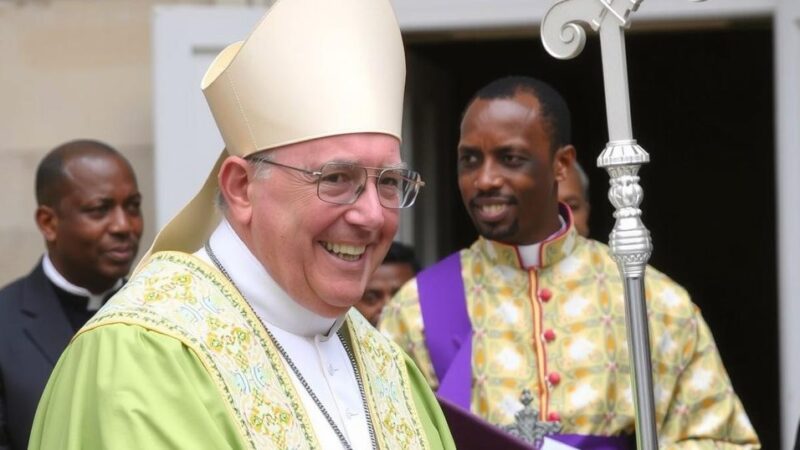Lim Kimya, a former Cambodian opposition politician and vocal critic of the government, was shot dead in Bangkok. His assassination underscores the dangers faced by dissenters in Cambodia, particularly after the dissolution of the CNRP. Lim Kimya’s advocacy for human rights and democracy marked his political career, making his death a significant event in the ongoing struggles against governmental oppression.
On Tuesday, Lim Kimya, a prominent Cambodian opposition politician, was tragically shot and killed in Bangkok, Thailand. A former member of the Cambodia National Rescue Party (CNRP), he was known for his unyielding criticism of government policies, especially concerning corruption and human rights violations. Lim Kimya’s assassination follows his vocal opposition to the ruling Cambodian People’s Party (CPP) and its leader, Prime Minister Hun Sen, particularly during his tenure as a lawmaker, where he did not hesitate to challenge government practices and advocate for democracy.
Lim Kimya, who held dual French-Cambodian citizenship, rose to prominence after securing a parliamentary seat during the 2013 elections, wherein the CNRP made significant electoral gains. Unfortunately, this achievement led to a crackdown on the opposition, culminating in the Supreme Court’s dissolution of the CNRP prior to the 2018 elections. Despite these challenges, Lim remained a steadfast figure in Cambodian politics, frequently speaking out against the systemic issues plaguing the country. Surveillance footage captured the incident that led to his death, and authorities in Cambodia have arrested a suspect connected with the shooting, although government representatives have distanced themselves from any implications of responsibility.
Lim Kimya’s background reveals a man deeply committed to reform and democratic values. Born in Battambang province in the early 1950s, he spent significant time in France before returning to Cambodia to engage in political life. His outspoken nature often placed him at odds with the ruling powers, facing intimidations and physical assaults during protests. His final communications through social media highlighted ongoing injustices and governmental excesses, such as wasteful expenditures by officials affiliated with Hun Sen.
His assassination marks a troubling milestone for Cambodia’s political climate, sparking fears among exiled activists and supporters who continue to confront threats to their safety in Thailand. Observers note that the incident may signal a greater peril for those opposing the Cambodian government, especially as several activists have previously faced violence or persecution. The Cambodian government has reiterated its non-involvement in Lim Kimya’s murder, emphasizing its stance on sovereignty and external accusations.
Through his dedication to raising awareness about pressing issues in Cambodia, including government corruption and humanitarian deficiencies, Lim Kimya leaves a legacy that resonates with those who aspire for democratic values and justice within their nation.
The assassination of Lim Kimya highlights the risks faced by opposition figures in Cambodia, particularly those who challenge the ruling Cambodian People’s Party (CPP). Lim Kimya’s political career commenced during a notable rise of the CNRP, which succeeded in capturing a considerable portion of parliamentary seats in 2013. However, the oppressive environment under Prime Minister Hun Sen’s administration intensified after electoral irregularities and subsequent crackdowns on dissent, leading to the CNRP’s dissolution in 2017. Lim’s outspoken nature garnered both respect and animosity, paving the way for violent encounters during political engagement. His untimely death raises significant concerns regarding the safety of opposition members and activists, particularly in regions where Cambodian dissidents have sought asylum. The event underscores the broader implications of political strife within Cambodia, showcasing the dangers faced by those who refuse to remain silent in the face of governmental oppression and corruption. Activists in self-exile have consistently reported threats, making Lim Kimya’s murder a poignant example of the current vulnerabilities among critical voices in the Cambodian political landscape.
In summary, Lim Kimya’s assassination in Bangkok represents a devastating blow to the Cambodian opposition and raises alarm over the ongoing threats to dissenters within the region. His legacy as a fearless advocate for democratic principles and human rights serves as a compelling reminder of the struggles faced by those opposing the entrenched power of the ruling CPP. As investigations continue, the incident not only spotlights Lim Kimya’s contributions to Cambodian politics but also the perilous environment for activists, both domestically and abroad.
Original Source: www.rfa.org

